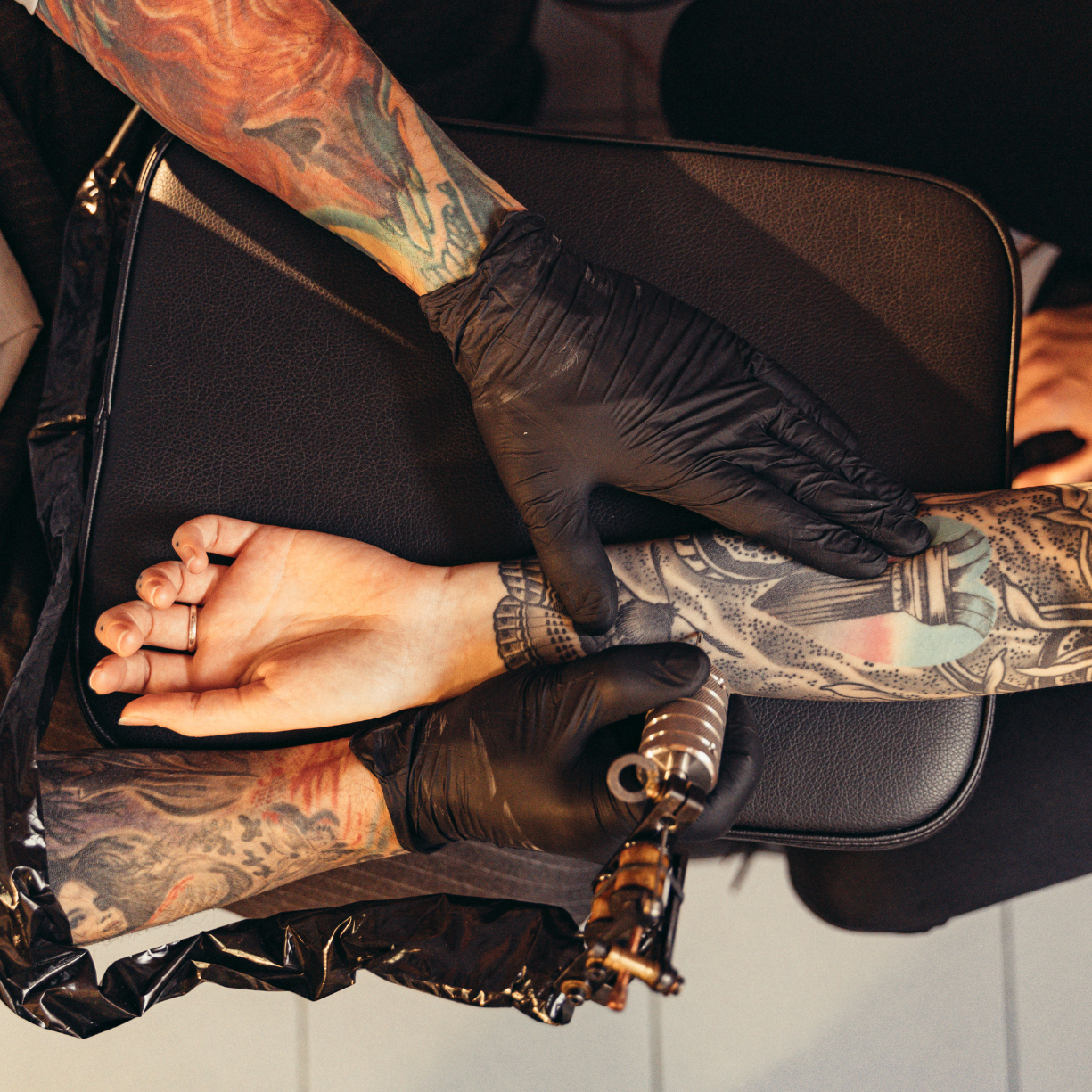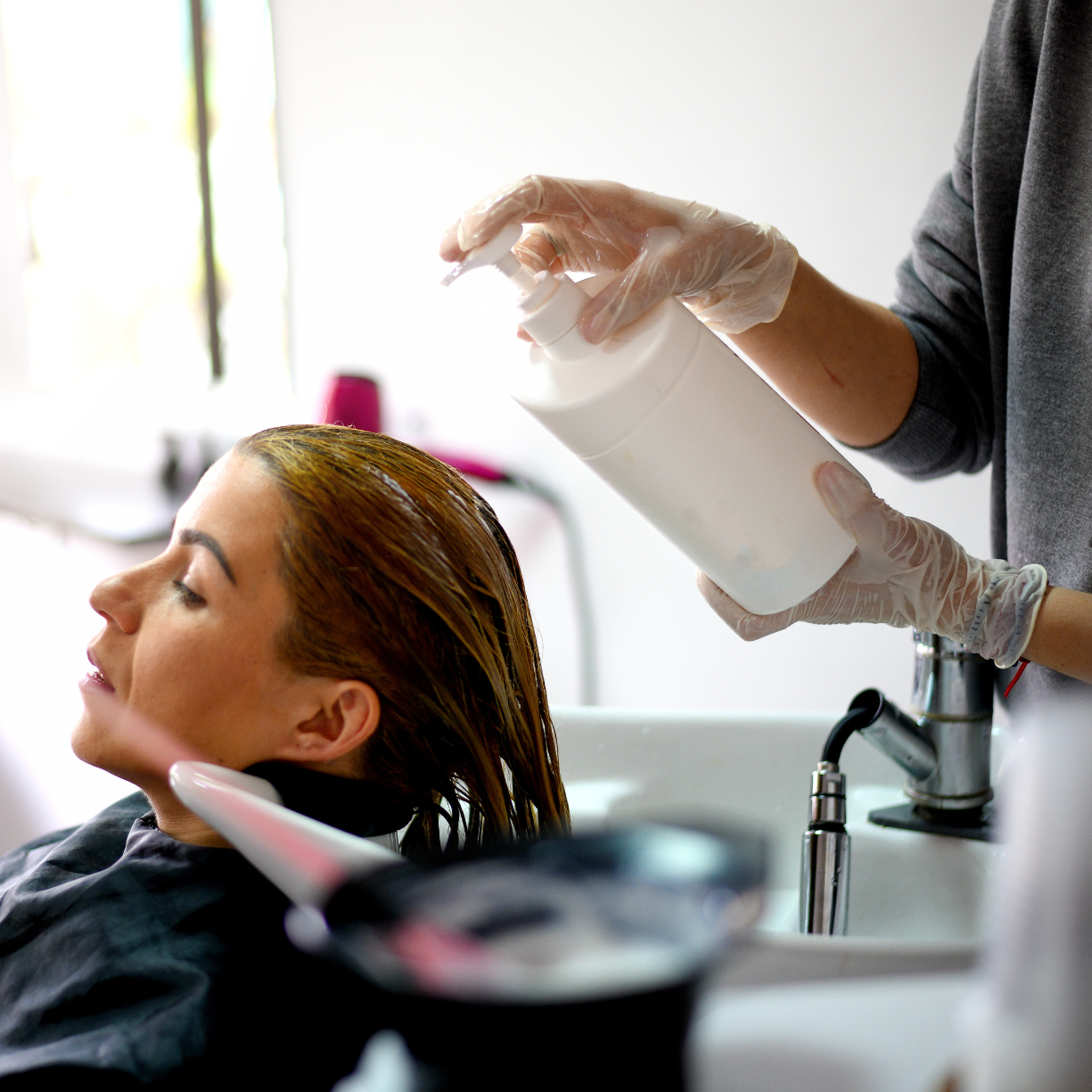Disposable nitrile gloves are made using synthetic rubber compound which is protein free and does not contain latex. These gloves tend to be resistant against hazardous chemicals and rough materials. Nitrile gloves have specific features and uses so that these gloves can be used in certain circumstances.
Features of Nitrile Gloves
- Puncture resistance and durability
Nitrile Gloves are much more puncture resistant as latex gloves. This makes the gloves ideal for medical use. Although if they are stored away from light and heat, they can live through their shelf-life (about 5 years) without tearing.
- Barrier protection and chemical resistance
Nitrile gloves are ideal for protection against blood borne pathogens which is essential when working in the medical field. They are also recommended in work environments that require working with chemicals. Nitrile offers more protection against chemicals than latex and vinyl mainly due the gloves being thicker and the material composition, they offer a better defensive layer.
- Allergenic properties
Nitrile gloves contain no latex and therefore it won’t affect users with skin sensitivity.
- Comfortable fit and tactile sensitivity
Nitrile gloves are easy to put on and take off. As these gloves are more elastic and provide more coverage. They are also much resistant to tearing as they are a thicker glove compared to vinyl and latex.
- Waterproof abilities and temperature resistance
Nitrile gloves are waterproof as they made from rubber. They also provide a good grip in wet environment. They are also ideal when working in higher temperatures as they can withstand heat relatively well.
Uses of Nitrile Gloves
Nitrile gloves are chemically resistant to aniline, asphalt, benzylic alcohol, brake fluid, fertilizers, household detergents, and mineral oil. This makes them suitable for several industries.
- Healthcare services
According to the FDA or the Food and Drug Administration site, medical gloves are one part of an infection-control strategy. Surgeries, wound dressings and vaccinations require the healthcare worker to wear protection.

- Automotive industry
As mechanics tend to handle grease, oil, and other chemicals. Therefore, they need gloves with the best quality and provide safety.

- Tattoos and piercing
As tattoo artists tend work with ink and needles regularly, they need gloves for protection and grip. While they are tattooing blood may be present and they would require maximum protection as diseases could be transferred. The gloves grip will also be important this will allow the artist work with more accuracy.

- Hair and beauty salon
Salons deal with hair dyes, bleaches and other hair products that are full of chemicals. Thus, chemical resistant nitrile gloves are essential in this work environment.


